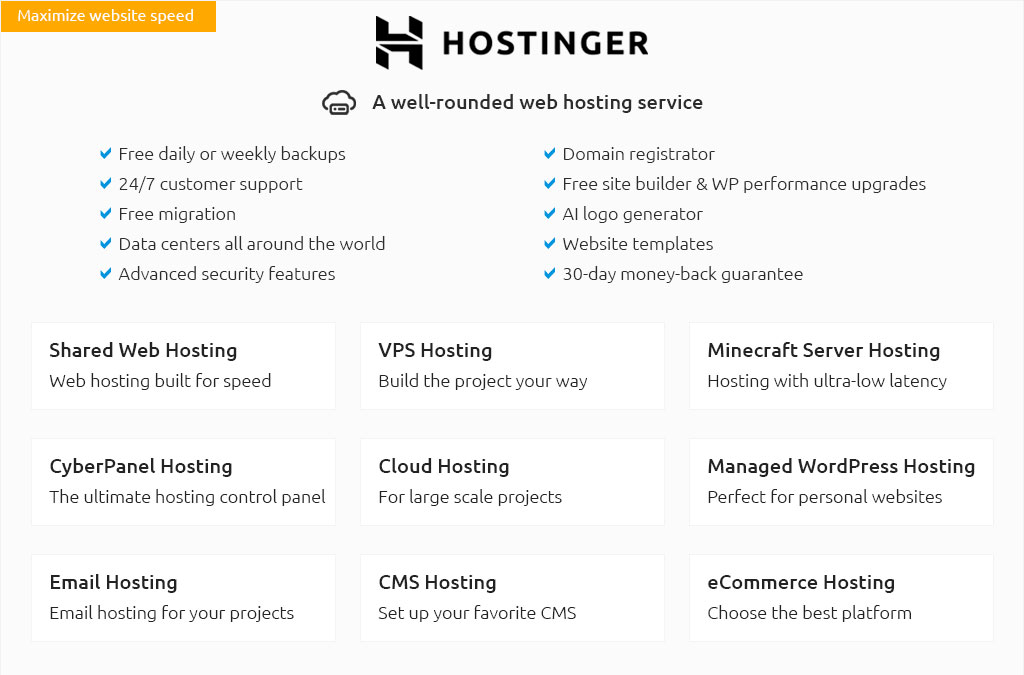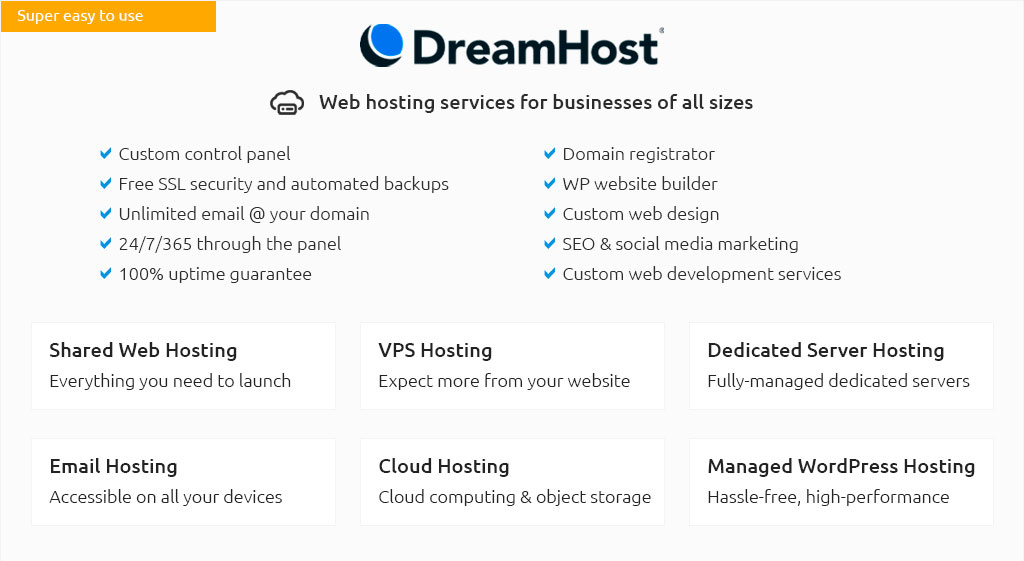 |
|||
 |
 |
 |
|
 |
|
 |
 |
 |
|||
 |
|||
 |
|||
 |
|||
 |
 |
Understanding Python Web Hosting: A Guide to Choosing the Right SolutionPython, a versatile and powerful programming language, has become increasingly popular for web development. As its popularity soars, so does the need for effective web hosting solutions that cater to Python's unique requirements. In this guide, we will explore the nuances of Python web hosting, unraveling how it works and offering practical advice for selecting the best option for your needs. The Essence of Python Web Hosting At its core, web hosting is about providing the infrastructure needed to serve your website to users around the globe. When it comes to Python, the hosting solution must be compatible with Python frameworks such as Django, Flask, and Pyramid, ensuring they run smoothly on the server. Python web hosting is not just about storage space; it involves supporting the language's specific libraries and modules, as well as offering the appropriate environment for Python applications to thrive. Types of Python Web Hosting The array of hosting options can seem daunting, but understanding the fundamental types can aid in making an informed decision. Shared Hosting is often the starting point for many developers due to its cost-effectiveness. However, it comes with limitations in performance and customization. On the other hand, VPS Hosting provides a more robust solution, offering dedicated resources while still being affordable. For those requiring even greater control and scalability, Dedicated Hosting and Cloud Hosting are worth considering. Cloud hosting, in particular, stands out for its flexibility and scalability, ideal for dynamic Python applications that experience fluctuating traffic. Key Features to Look For When selecting a hosting provider, there are several crucial features to consider. First and foremost, ensure that the host supports the latest versions of Python, along with common frameworks like Django or Flask. Look for providers that offer easy integration with version control systems such as Git, which is indispensable for modern development workflows. Additionally, prioritize hosts that offer robust security measures, including SSL certificates and regular backups, to protect your data. A strong support system is also vital, as timely assistance can be invaluable when troubleshooting complex Python applications. The Role of Development Tools and Environments A conducive development environment is a cornerstone of efficient Python web hosting. Opt for hosting solutions that facilitate the use of virtual environments, enabling you to manage dependencies without conflict. The presence of a feature-rich control panel can simplify server management, while SSH access is essential for developers who prefer command-line interaction. Furthermore, a staging environment can be beneficial for testing changes before deploying them live, minimizing the risk of disruptions. Conclusion Navigating the world of Python web hosting requires a blend of technical understanding and strategic foresight. While shared hosting might suffice for small projects or beginners, more demanding applications will benefit from the enhanced capabilities of VPS, dedicated, or cloud hosting. Ultimately, the best choice hinges on your specific requirements, budget, and growth expectations. By prioritizing compatibility, security, and support, you can ensure that your Python applications not only function optimally but also stand ready to scale new heights. https://webhostpython.com/
We have been with Web Host Python since 2017, the support service is outstanding! Their hosting is very reliable, fast, and professional. When an issue arises ... https://www.geeksforgeeks.org/top-python-hosting-providers/
1. Heroku - 2. AWS Lambda - 3. Google Cloud Platform (GCP) App Engine - 4. PythonAnyWhere - 5. Microsoft Azure - 6. DigitalOcean - 7. A2 Hosting - 8.
|